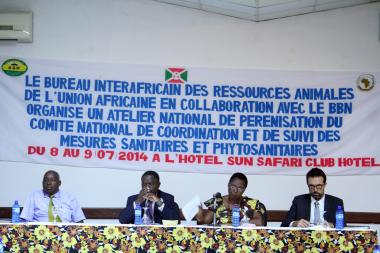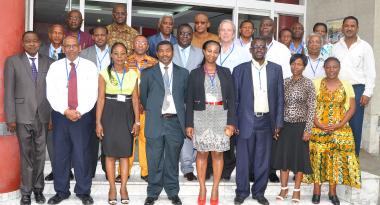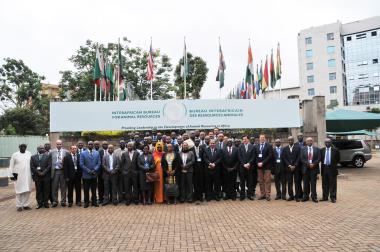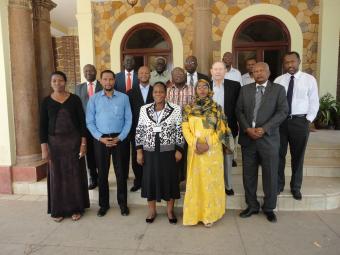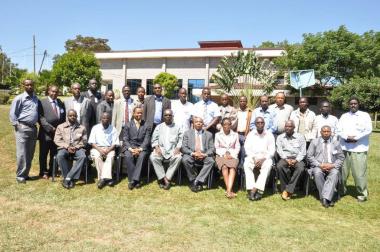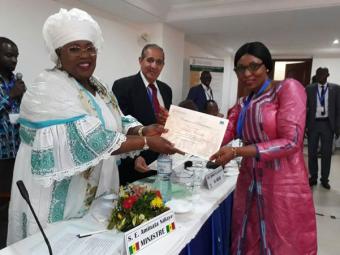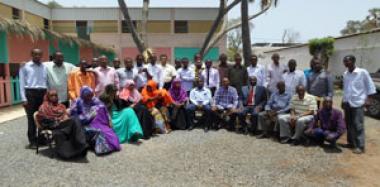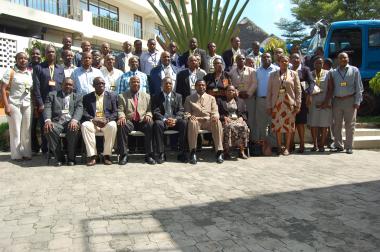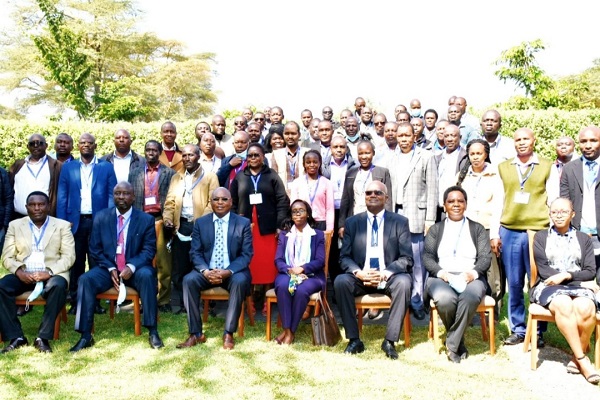
The State Department of Livestock has continued the process of developing the Kenya Livestock Master Plan. The process, which began in 2019 through a participatory process, will result in an investment road map to guide the development of a sustainable livestock sector.
AU-IBAR, jointly with other partners – Kenya Market Trust, ILRI, FAO are providing technical support towards the KLMP development process.
To make the process as consultative as possible, 47 County Focal Persons are being sensitized from 5-6 July 2021, on the Development of the Livestock Master Plan.
The workshop objectives are to:
• Sensitize County Focal Points on the Kenya Livestock Master Plan development process
• To review and validate baseline data collection tools and methodology
• Review value chain data collection tools
• And develop and plan for county-specific data collection.
In addition to opening remarks given by AU-IBAR (by Dr. Sarah Ossiya, on behalf of AU-IBAR’s Acting Director, Dr. Nick Nwankpa) and representatives from ILRI (Dr. Isabelle Baltenweck), and FAO, opening remarks are also expected by Dr. Christopher Wanga, EBS Director, Livestock Policy Research and Regulations; Prof. John Lonyang’apuo Co-Chair National Steering Committee; Mr. Harry Kimtai, EBS PS, State Department for Livestock; and H.E. Prof. John Lonyang’apuo, CBS Governor, West Pokot Country.
The two-day meeting will include a session on Baseline Data Collection, including group work on the scheduling of data collection in each county. Participants will also be sensitized to the digital data collection tool and methodologies to collect livestock value chain data on the identified ten Livestock Value Chains. At the end of this two-day meeting, each county is expected to reveal its plans for data collection and the best methodology for roll-out.
The technical support from AU-IBAR is being provided under the Sustainable Livestock for Livelihoods Project (Live2Africa), under the support of the European Union.

